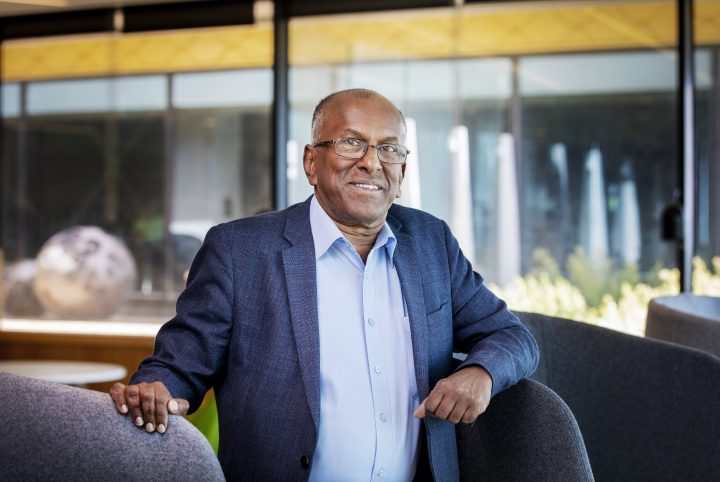
Monash Business School PhD candidate Sabreen Kaur is investigating a quiet but costly problem in modern workplaces: what happens when leaders are envious of their high-performing staff?
It’s a leadership issue few discuss, but it could be quietly driving top talent out the door.
Monash Business School PhD candidate Sabreen Kaur is investigating a dynamic known as ‘downward envy’ – when managers compare themselves and feel threatened by an employee’s success.
“We typically think of leaders as having authority, resources, and control,” Ms Kaur said.
“Yet today’s fast-paced, competitive work environments often place seasoned leaders alongside younger, high-performing employees who are tech-savvy, quick learners, and eager to grow.”
According to her research, the fallout can be serious, eroding trust, damaging relationships, and ultimately driving away valued employees.
The not-so-subtle signs of envy

PhD candidate Sabreen Kaur is researching the HR consequences of envy in the workplace.
Through multiple studies, Ms Kaur has examined how downward envy impacts workplace relationships.
“Employees may experience negative behaviours from their leaders, for example, avoidance, being made to work longer hours, or having crucial resources taken away,” she said.
That can leave talented team members concealing their achievements and feeling undervalued, emotionally drained and unsupported, which can contribute to burnout and staff turnover.
“If left unchecked, this emotion can have serious implications for both employees and organisations, making it a timely and crucial issue to investigate,” she said.
Ms Kaur’s supervisor, Department of Management Professor Herman Tse, said retaining skilled employees was essential in a tight talent market.
“Often, the experience of downward envy is unconscious – the supervisor may not even realise they are doing it – and that makes it a hidden cost in efforts to retain top talent,” Prof Tse said.
“This research offers strong practical value by helping organisations identify and mitigate potential issues that could drive talent away.”
From research to real-world change
Ms Kaur is now turning her findings into functional workplace solutions.
She aims to develop evidence-based training programs for HR teams and leaders, emphasising emotional intelligence, self-awareness, and peer support.
These will include workshops, case studies, and targeted tools to help leaders recognise and manage envy constructively before it harms interpersonal and organisational dynamics.
“My goal is to transform these findings into practical tools that help organisations retain their top talent and create a supportive environment for both leaders and followers,” she said.
The research will identify which leaders are more likely to exhibit envy and how the workplace environment contributes to it. That will enable organisations to design policies, such as pairing high-potential employees with supportive mentors.
She intends to work with organisations to pilot and refine these programs, with the longer-term aim of contributing to leadership development curricula across industries.
Ms Kaur said the supportive environment at Monash has been instrumental in shaping both her research and its future applications.
“The best part of being at Monash Business School has been the chance to learn from and collaborate with some of the world’s leading organisational behaviour researchers,” she said.
“The environment here is incredibly supportive and collegial. We engage with each other’s work, share ideas, and support one another’s growth.”


